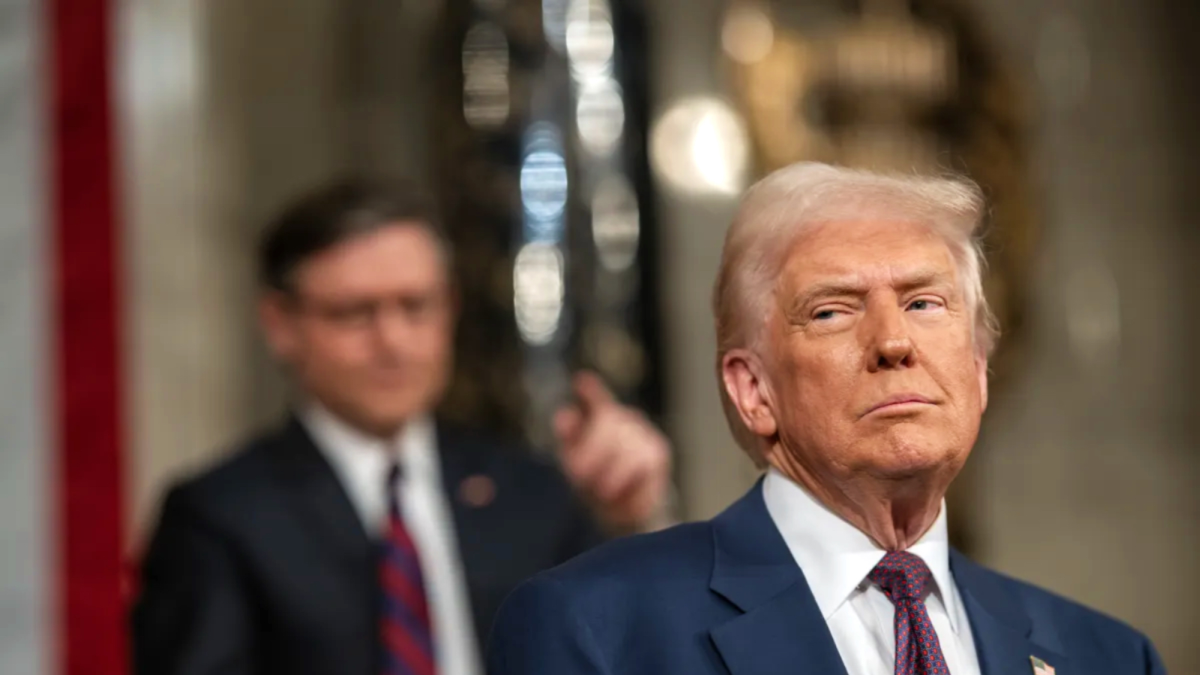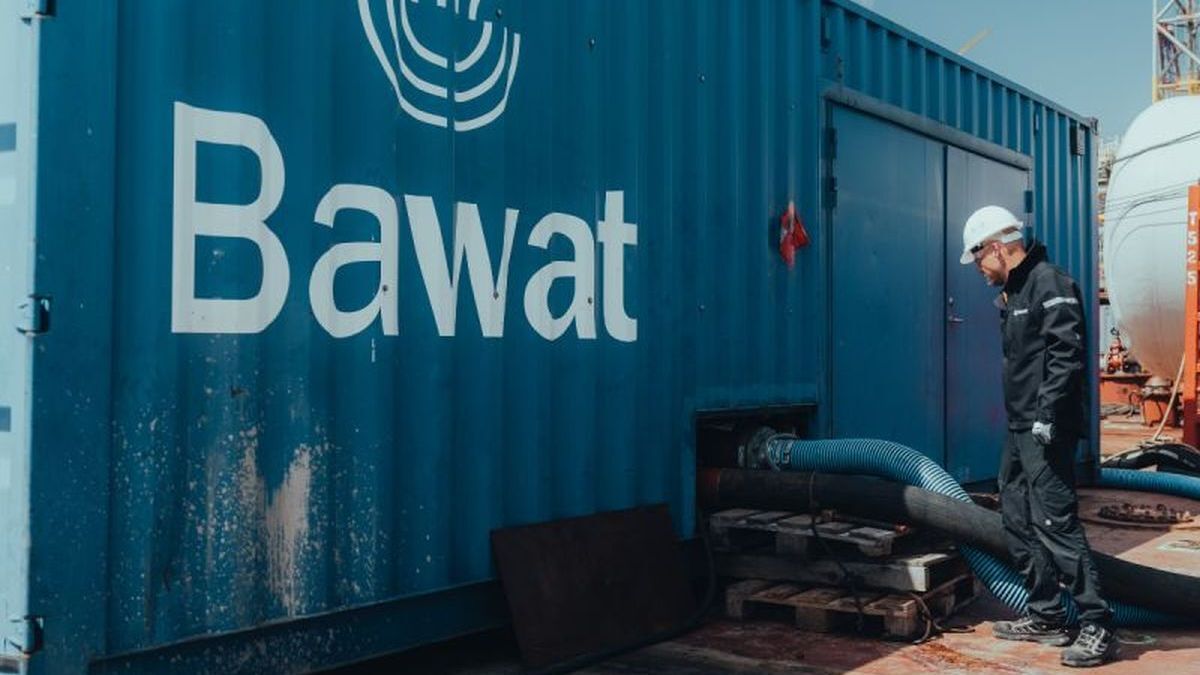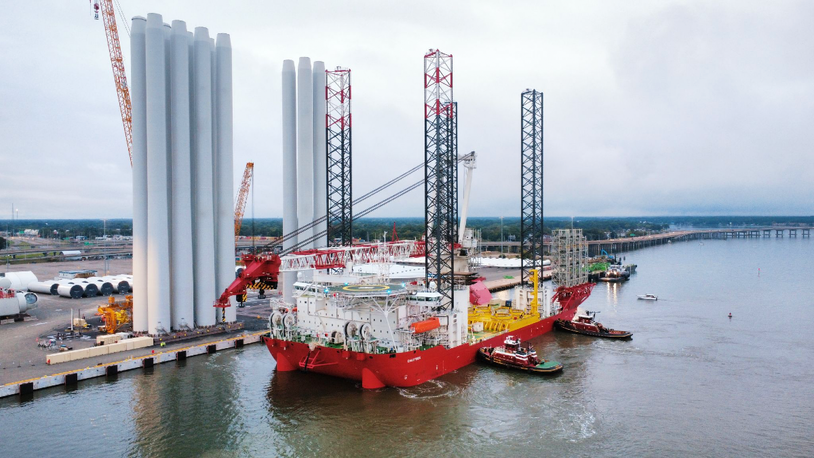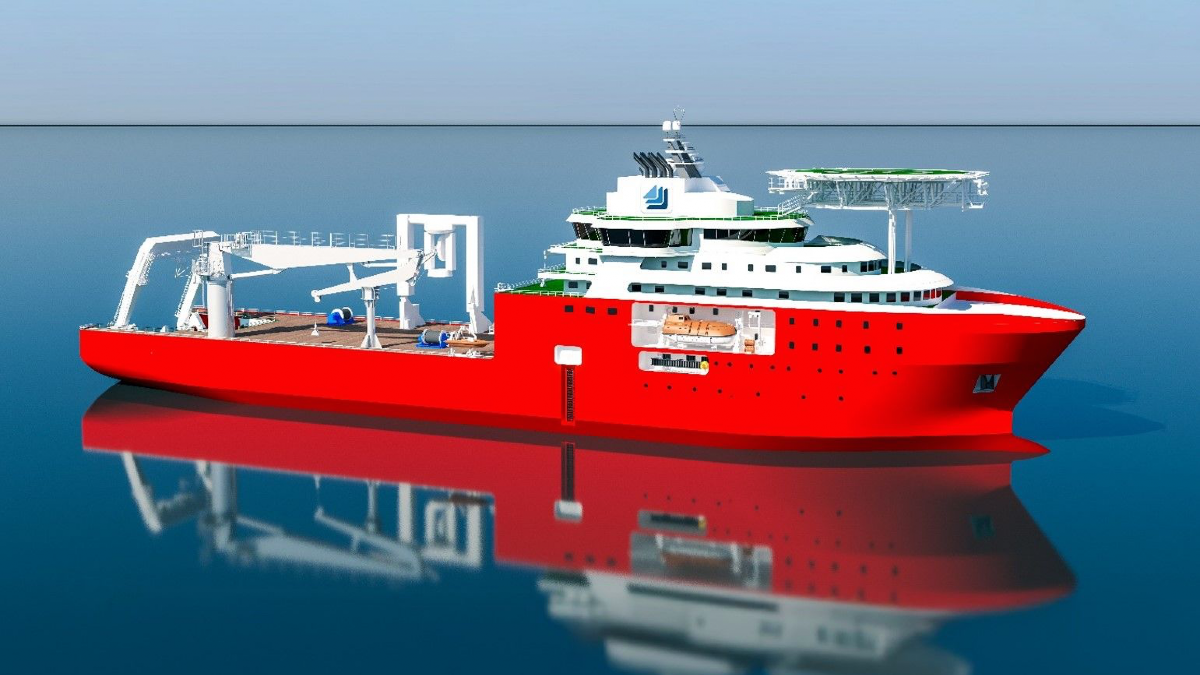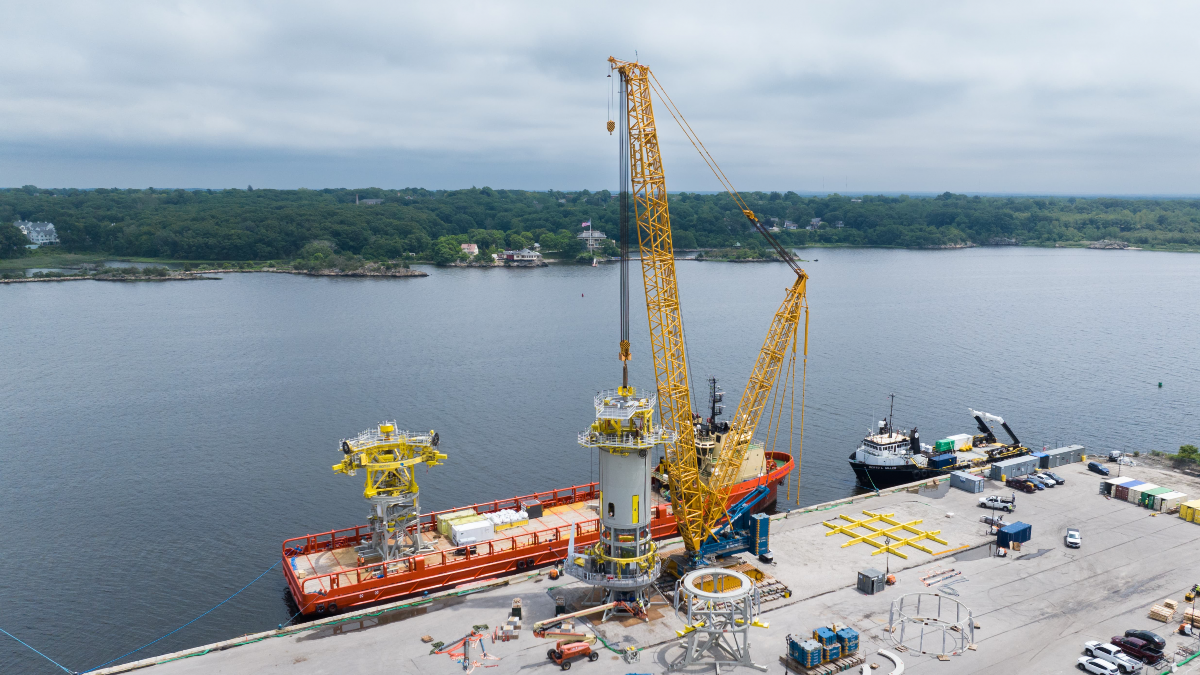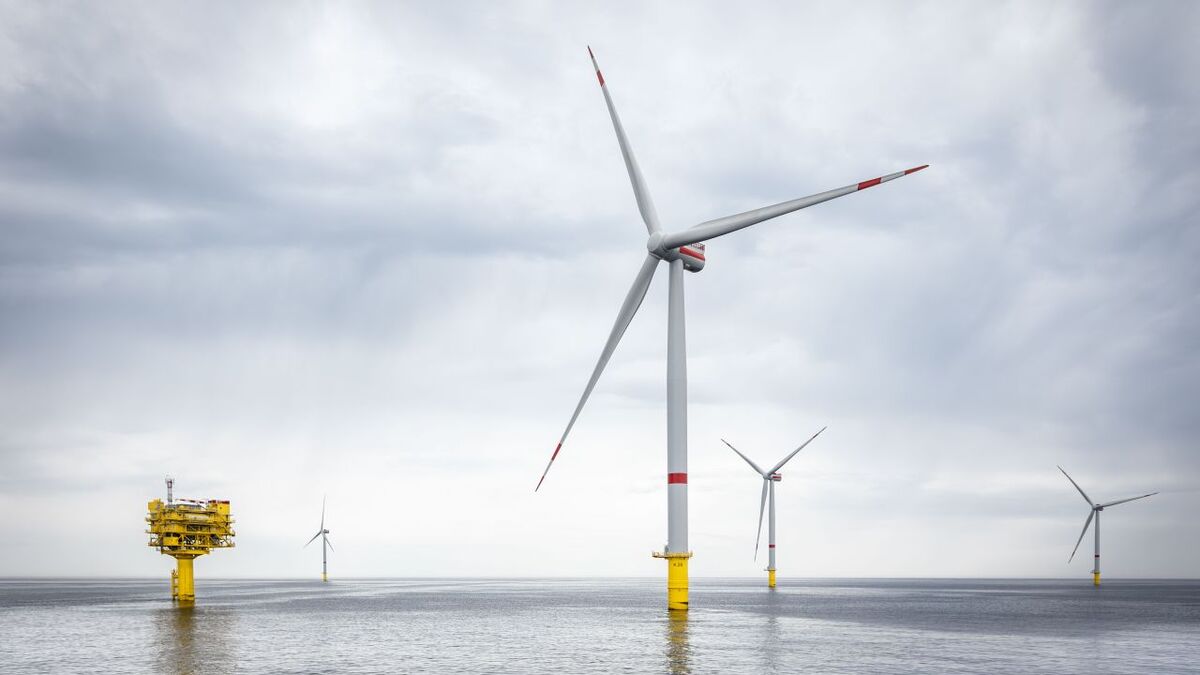Business Sectors
Events
Offshore Wind Webinar Week
Contents
Register to read more articles.
Trump revokes renewables commitments, cancels areas designated for offshore wind
In line with President Trump’s ongoing campaign against wind energy, the Bureau of Ocean Energy Management (BOEM) is rescinding all designated wind energy areas (WEAs) on the US Outer Continental Shelf (OCS), ending the possibility of their future use for offshore windfarms
In a statement confirming another tranche of actions by the Trump administration designed to eliminate future offshore wind development in the US, BOEM said the action is being taken in accordance with Secretary’s Order (SO) 3437, ‘Ending Preferential Treatment for Unreliable, Foreign Controlled Energy Sources in Department Decision-Making,’ and a Presidential Memorandum of 20 January 2025, ‘Temporary Withdrawal of All Areas on the OCS from Offshore Wind Leasing and Review of the Federal Government’s Leasing and Permitting Practices for Wind Projects.’
WEAs were originally established to identify offshore locations deemed most suitable for wind energy development. By rescinding WEAs, BOEM is ending the federal practice of designating large areas of the OCS for offshore wind development, and is de-designating unleased federal waters previously identified for offshore wind development in the Gulf of America, Gulf of Maine, the New York Bight, California, Oregon, and the Central Atlantic.
The move follows Secretary of the Interior Doug Burgum’s announcement of four policy measures to advance President Trump’s approach to energy in the US. In alignment with the President’s directives, the Department of the Interior said it was “ending special treatment” for what it claimed are “unreliable energy sources,” such as wind. This includes evaluating whether to stop onshore wind development on some federal lands and halting future offshore wind lease sales.
“These policy changes represent a commonsense approach to energy that puts Americans’ interests first,” claimed Secretary Burgum. He also claimed that “levelling the playing field in permitting supports energy development that’s reliable, affordable and built to last.”
The order ‘Stopping Preferential Treatment for Wind Projects’ directs the Department of the Interior to end so-called preferential treatment for wind and calls for the identification of policies the Trump administration claims are “biased in favour of wind and solar energy.” It also calls for a halt to support for energy supply chains “controlled by foreign rivals.” In line with the 20 January 2025 Presidential Memorandum on Wind Energy, the Department of Interior will “review its policies “to identify and remove favouritism toward wind energy.”
Secretary Burgum also announced that more than 3.5 million acres offshore that were designated as WEAs would be terminated, and said the Department would “strengthen its guidance to ensure more meaningful consultation regarding offshore wind development, especially with tribes, the fishing industry, and coastal towns.” The Department of Interior statement also claimed that “construction and operation of offshore wind turbines has disproportionate impacts on these stakeholders, from disrupting commercial fishing to driving away tourism.”
Secretary Burgum also announced that the Department “will conduct a careful review of avian mortality rates associated with the development of wind energy projects located in migratory flight paths and determine whether such impacts qualify as ‘incidental’ takings of birds under the Migratory Bird Treaty Act and related laws.”
Responding, Oceantic Network senior vice president communicaitons and external affairs Stephanie Francoeur said the he Department of Interior’s latest directives “continue a false narrative on an established American industry that will prevent an important source of baseload power generation from reaching the grid when ratepayers are already feeling the effects of rising electricity costs.
“This will result in higher energy costs, increased blackouts, job loss, and billions of dollars in stranded investments, further delaying shovel-ready projects supported by a domestic manufacturing supply chain renaissance that spans 40 states. Crippling affordable and reliable wind energy makes no economic sense and undermines the administration’s ’all-of-the-above’ energy strategy. We urge the Department to adopt policies which put all sources of American energy on an even playing field,” she concluded.
Related to this Story
Events
Offshore Wind Webinar Week
Maritime Decarbonisation, Europe: Conference, Awards & Exhibition 2025
Offshore Support Journal Conference, Americas 2025
© 2024 Riviera Maritime Media Ltd.


